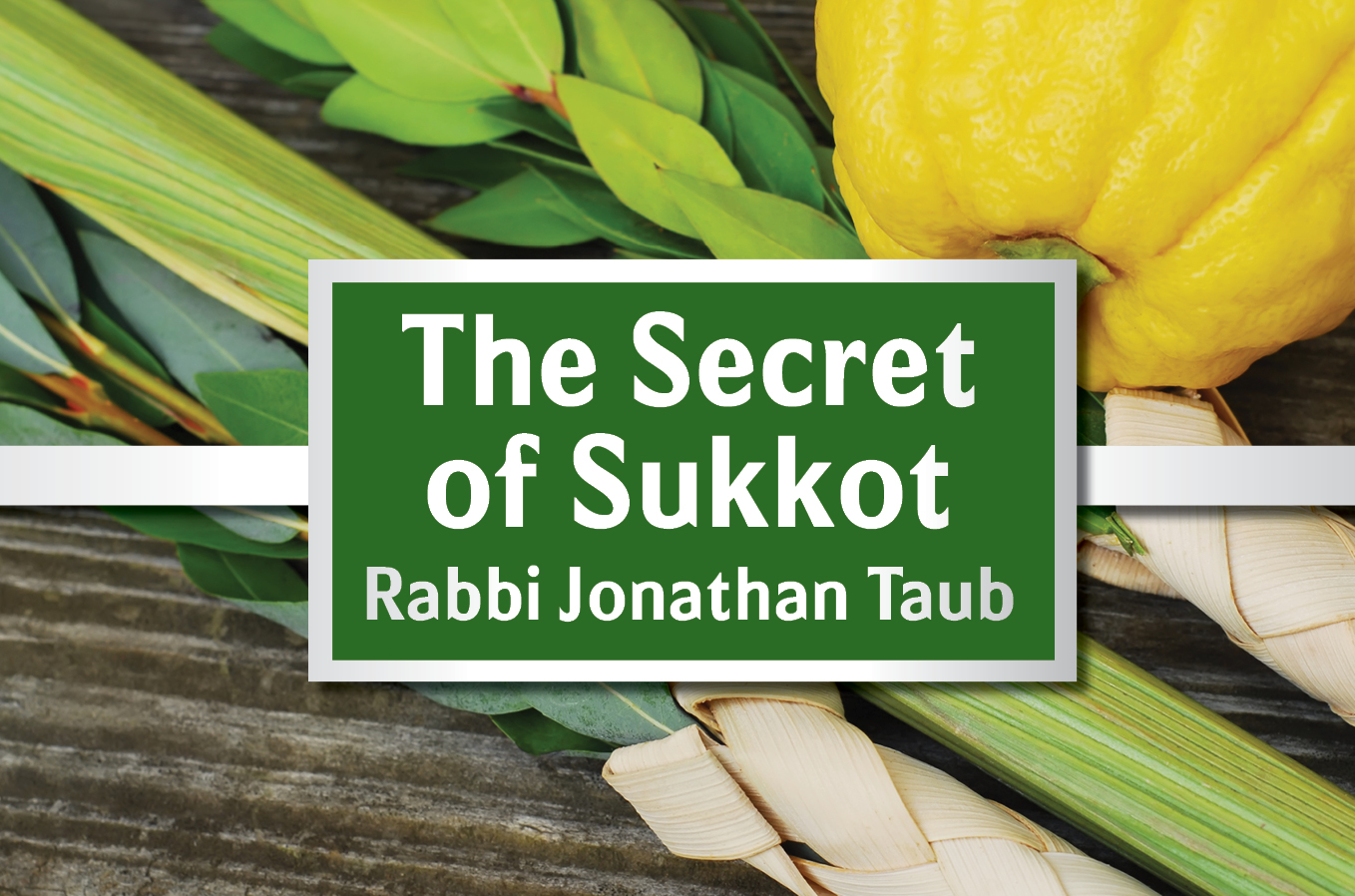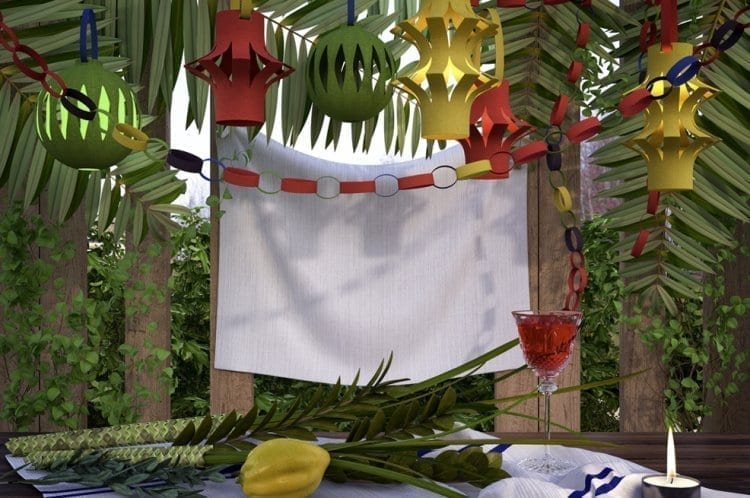The Brisker Rav, Rav Yitzchok Zev Halevi Soloveitchik, was living in Eretz Yisrael and wanted a Moroccan etrog for Sukkos. Reb Shlomo Lorintz worked tirelessly to try to procure one for him, but when he was finally able to get ahold of one it was held up by customs officials. Quite upset, he informed the rav that he had not been successful. Though the Brisker Rav had been anxious to get a Moroccan esrog, he seemed unperturbed that it was not to be.
Seeing how down Reb Shlomo was that he had been unsuccesful, the rav then told him the following story: “When I lived in Brisk, a family implored me to try to convince their elderly mother to move to Brisk from nearby Shavel, so they could care for her, but she adamantly refused. I asked the woman why she didn’t want to live with her children. “She explained that her grandparents had been simple people who lived on a meager income and had never been able to afford to purchase their own esrog. In their later years, they saved up money bit by bit over a period of ten years to be able to buy their own esrog for Sukkos.
They then traveled to the city of Vilna to buy an esrog. When the esrog vendor finished counting their huge sack of coins he told them that it did not amount to enough money to purchase an esrog. “When they heard the news, they were bitterly disappointed. Then the woman’s grandmother had an idea. ‘We are elderly,’ she said to her husband. ‘Who knows how much longer we’ll live. Let’s sell our house and use the money to buy the nicest esrog possible.’ The husband agreed, and they asked the vendor to set aside his most beautiful esrog.
They would return soon with the money.“Her grandparents returned to Shavel and sold their house. They were able to buy a magnificent esrog. The whole town of Shavel was in an uproar. These people had sold their house for an esrog! All the townspeople wanted to see it. At first, the couple did not want to show off their esrog, but eventually they decided to let people see it. One person was so eager to get a good look at it that he tried to grab it, and it slipped out of his hand. The precious esrog fell on the floor with a soft thud and rolled away. When the woman’s grandmother saw the esrog fall, she fainted.
When she regained consciousness, she moaned that they had sold their home for no reason, because now the esrog was pasul. They would have no kosher esrog to shake on Sukkos. Her husband replied, ‘Nu, az men hut nisht, iz men patur—It’s okay. If we don’t have one, we are absolved of our obligation.’ “The woman continued: ‘I live across the street from the house that my grandparents sold to be able to buy an esrog. Every time I look at it, I am filled with joy knowing what my grandparents did for the sake of a mitzvah. That is why I don’t want to leave my home in Shavel.’ “When I saw how precious her grandparents’ mitzvah was to her, I told her that she should stay there, and I instructed her children to let their mother live in Shavel and not pressure her to join them in Brisk.”
The Brisker Rav concluded, “Reb Shlomo, you put in enough effort to get the Moroccan esrog for me. Sukkos is over, and you weren’t able to get it. ‘Nu, az men hut nisht, iz men patur.’ It’s okay. If we don’t have one, we are absolved of our obligation ”





